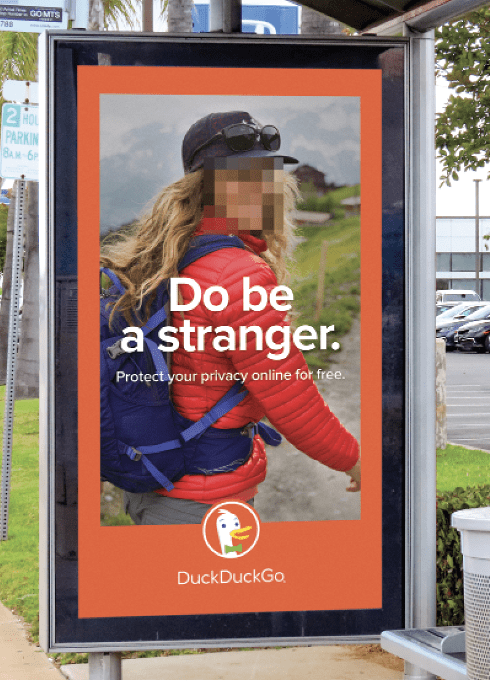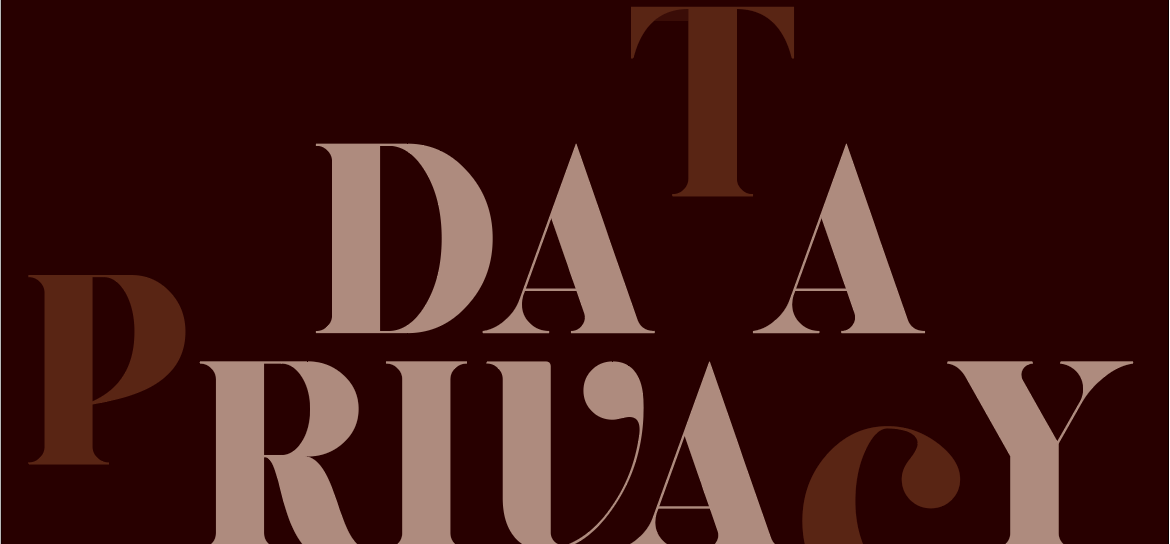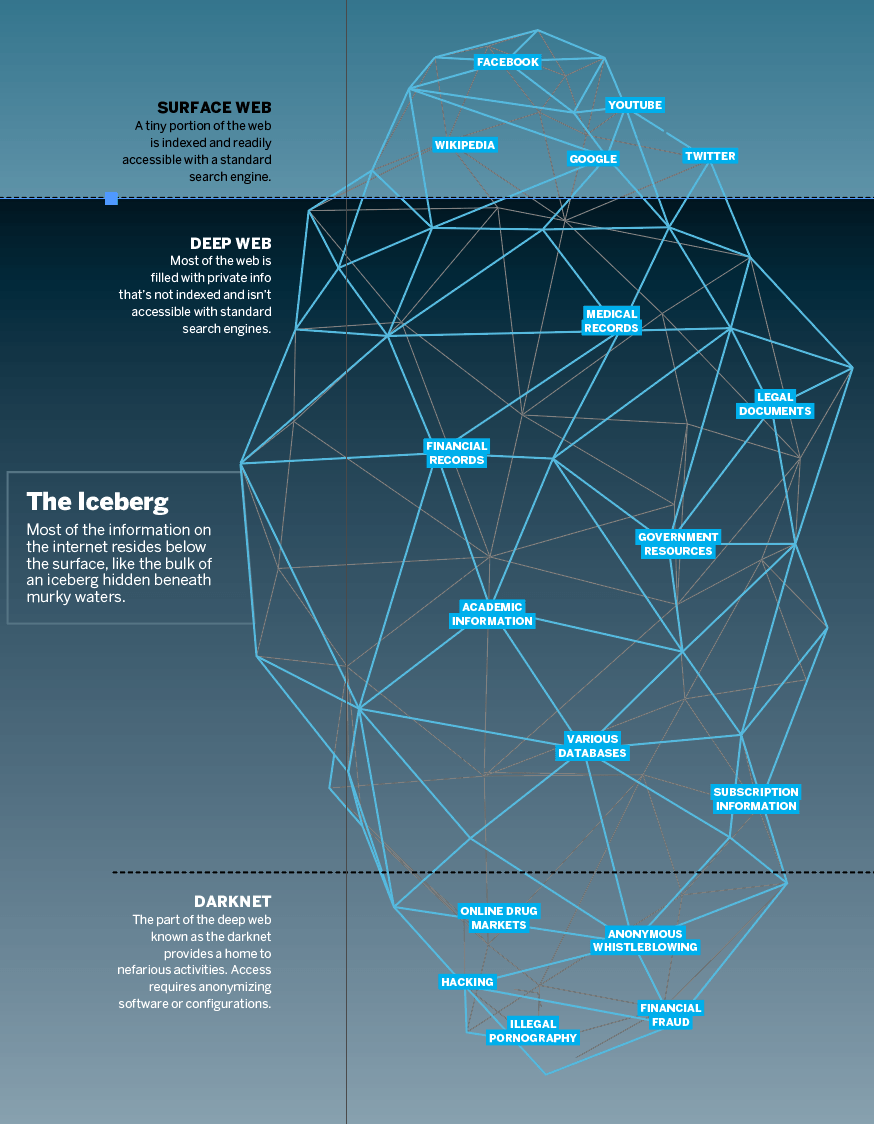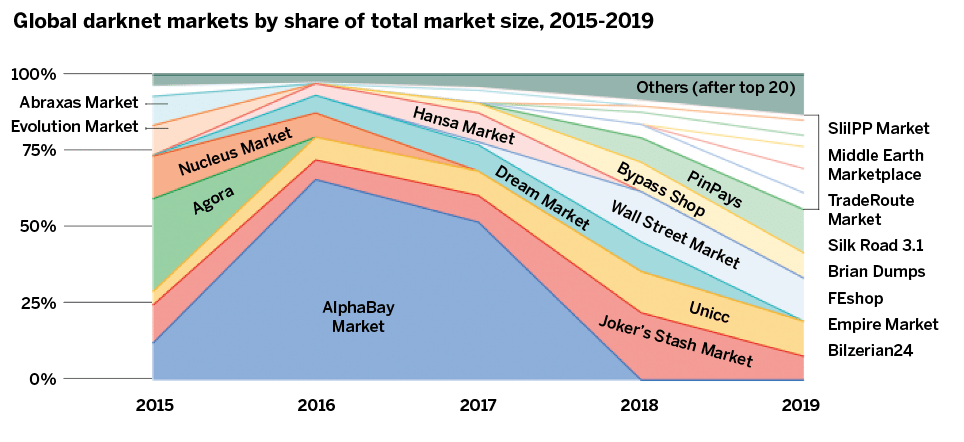Darkest Markets
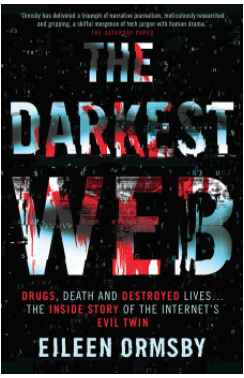
The demise of the notorious Silk Road darknet market gave rise to even bigger and more nefarious online alternatives
The FBI and Europol teamed up to shut down the Silk Road online dark market in 2014, but the criminals who relied on the site scrambled to other parts of the darknet to continue their nefarious commerce. This excerpt from Eileen Ormsby’s book, The Darkest Web, documents the illicit migration.
After the fall of Silk Road, the two smaller markets in its shadow—Black Market Reloaded and Sheep—received such a massive influx of Silk Road refugees that the former closed down gracefully, saying they didn’t need the scrutiny all the new members would bring, and the latter closed suddenly, taking everyone’s bitcoin with them. Silk Road 2.0 opened just a month after Ulbricht’s arrest, run by former Silk Road employees, three of whom were arrested a couple of months later and one of whom was in fact, undercover agent Cirrus. Silk Road 2.0 stayed open for a year before it, too, was shut down by the authorities.
After that, several markets rose and fell—a few by law enforcement infiltration, but most just shut up shop, usually taking the bitcoin of their customers with them. The appetite for online drug markets was voracious; drug users worldwide had discovered a newer, simpler way to acquire better-quality drugs at reasonable prices, and the closures, busts and scams were little more than a nuisance, the cost of illicit activities. It was not long before new markets dwarfed the size of Silk Road.
The classic exit scam, many say, is the perfect crime. Build up a network of trust among customers, then abscond with all their money. Those who have been ripped off have little recourse; there’s no ombudsman to complain to when your illegal goods don’t turn up or aren’t what was promised. No door to knock on and demand your money back.
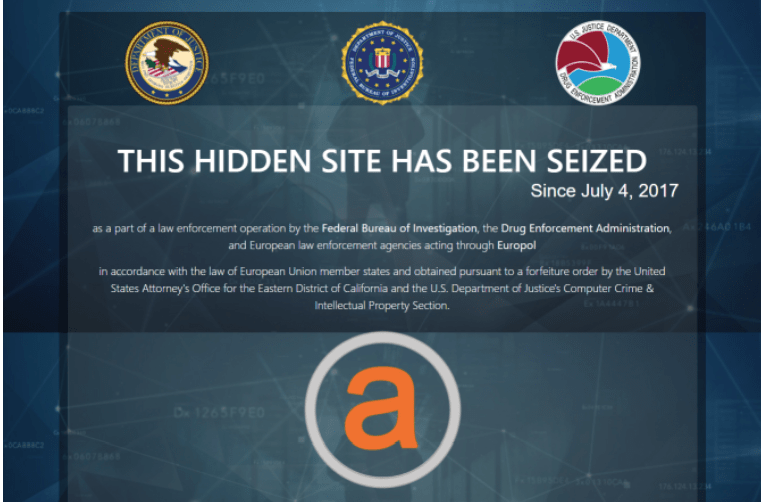
Individual drug dealers have done it throughout the dark markets’ history to various degrees, with a former site vendor named “tony76” setting the bar. Though his real identity remains unknown, tony76 is believed to have scammed users out of up to a quarter million dollars last year in the cryptocurrency bitcoin, according to claims by at least one Silk Road forum moderator.
But on a much larger scale, sometimes the owners of a market, entrusted with all the users’ bitcoin in their accounts and held in escrow, decide simply to close the market and move the bitcoin into their personal wallets. Such was the case with Atlantis in November 2013 (although in retrospect, it is likely Atlantis was simply spooked as they had apparently been fed information about the ongoing FBI investigation) and Sheep Marketplace also shut down in December the same year. And so it was in late March 2015, with the largest black market the darknet has ever known. The owners of Evolution Marketplace—known as Verto and Kimble—brazenly told staff that they were closing the site and taking the coin. The estimated value of everything within their control ranged from $12 million to $34 million worth of bitcoin at prevailing market rates.
This should not have come as a surprise to its customers. As well as getting larger, these new markets had wildly different philosophies of doing business than the trailblazer. Gone were the days when the leading darknet market, Silk Road, refused to sell or list anything “the purpose of which is to harm or defraud another person.” The markets that emerged to fill the gap left by Silk Road listed stolen credit cards and personal information, hacking services and malware alongside drugs for personal use. Evolution was founded by a character well known to the darknet. Verto had been administrator of Tor Carding Forum, a massive community of those who trade stolen credit or debit card account information for profit. They sold personal information, credit card dumps, ATM skimmers, cloning machines and fake IDs. And the owners pulled Ponzi schemes on their own members.
In retrospect, it should have been obvious that someone who had made a career of ripping people off would stage a heist where risk was minimal and reward was great. Evolution’s administrators had probably planned the long con, giving themselves a year or so to establish trust and amass bitcoin. Evolution had always had a cleaner interface and, importantly, lower commissions than any other major online black market. The profits, while still healthy, were unlikely to be adequate for those risking their lives and freedom.
Two former moderators of the Evolution forums confirmed separately that a “staff meeting” was called the morning of the closure, though their recollections differ slightly.
“We had a staff meeting at 10:30 a.m. this morning,” said NSWGreat, where the owners announced that the “market was being closed and they’re taking everything with them. Aid markets and forums would be online for 30 minutes for us to save anything we wanted to keep.”
Another moderator: “It was pretty bizarre,” confirmed EvilGrin. “Verto wasn’t there. Kimble said we’d wait a few minutes for him. Then in a few minutes he said, ‘Verto isn’t coming to the meeting, or to any meetings again. Because I’m taking Evo offline in 30 seconds.’”
When Silk Road was launched in February 2011, one of the stated intentions of Dread Pirate Roberts was to create a place where peaceful people could buy and sell drugs free from violence. Exit scams brought out the violence in people. Many of the vendors on Evolution had large amounts of money tied up—money they owed to very real people in very real life who would be very unsympathetic. Vendors posted that they feared for their lives if they could not pay their own suppliers.

Many of those who lost money in the Evolution exit scam (and many who did not, but were affronted by the heist) were baying for the blood of Verto and Kimble. They didn’t just want the money returned—they wanted those who had taken it to suffer.
The pitchfork brigade got even uglier when they started offering money for the identities of other Evolution staff members, all of whom were presumably as in the dark as any of their customers. Some went one step further—not just the uninvolved staff, but their families as well.
Despite the thousands of online sleuths combing for clues, following the bitcoin and sharing their theories, the absconding founders of Evolution were never located. They joined a small but growing number of darknet drug lords who apparently got away scot-free and enjoyed their spoils in anonymity.
Whenever one market went down, other markets operating simultaneously would get an influx of new members, and those without the proper infrastructure would buckle under the demand. After Evolution closed its doors, there were no consistently reliable markets for some time; users became so frustrated that many said they would forgive the owners of Evolution their sins if only they would reopen the stable and efficient market.
Thanks to the transparency of bitcoin, pundits could make educated estimates of the amount of turnover and profit that market owners made. Thus, it did not take long before the gap in the market was filled with others attracted by the potential for massive returns.
AlphaBay launched in mid-late 2014, and it was immediately apparent that it existed purely for profit and made no pretense at the lofty ideals and morals of the old-school markets. AlphaBay was the epitome of the new darknet markets; bigger than Silk Road ever was, but darker, selling not only drugs, but weapons, stolen personal information, computer hacking tools, malware, ransomware, stolen goods and services to steal identities and ruin lives. With few exceptions, if it was illegal, it could be purchased on AlphaBay.
This was the true Wild West of the darknet. There were few rules on AlphaBay, other than a ban on child pornography, a ban on any activities designed to circumvent commissions going to AlphaBay’s owners, and a stipulation that any malware sold must have a built-in function to ensure it could not impact any computer in Russia, whether belonging to government, industry or private citizens.
This final rule, alongside AlphaBay’s large Russian-speaking membership and the Russian-language forums that rivaled the size of the English-language ones, meant the website was widely considered to be run by Russian organised crime.
Before long AlphaBay was 10 times the size Silk Road ever was. Darknet markets had come a long way from the days of the creation of a young idealistic Texan in Silicon Valley.
End of the Road
The Silk Road wasn’t the first darknet market, but it may have been the most infamous. The site, launched in 2011 by then-26-year-old Ross Ulbricht, was devised as a “free-market economic experiment.” It used the Tor Browser and bitcoin to keep buyers and sellers anonymous.
The thinking behind the site was that transactions should remain private and free of restrictions so long as they were voluntary and third parties weren’t harmed. The administrators banned stolen goods, child pornography, and other crime-related tools and resources.
But before long, the Silk Road’s anonymity made it a haven for lawbreakers. The FBI shut it down and arrested Ulbricht, who was was convicted of multiple crimes and sentenced to double life imprisonment, plus 40 years, without the possibility of parole. In 2018, the U.S. Supreme Court declined to hear his appeal. A clemency petition has more than 268,000 signatures.
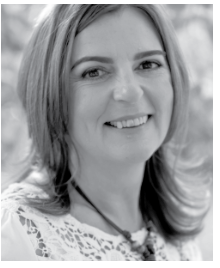
Shedding light upon darkness
Eileen Ormsby, a Melbourne, Australia-based lawyer, author and freelance journalist, has been decrying the evils of the darknet on her blog, All Things Vice, since 2012. Her books, The Silk Road (2014) and The Darkest Web (2018), chronicle the rise and fall of websites that provide online marketplaces for nearly everything illegal, immoral or illegitimate. Her writings have prompted the pushers, hackers and hitmen who inhabit the dark recesses of the internet to break into her computer and threaten her life. Just the same, she manages to live a quiet life and stay off-grid as much as possible.






